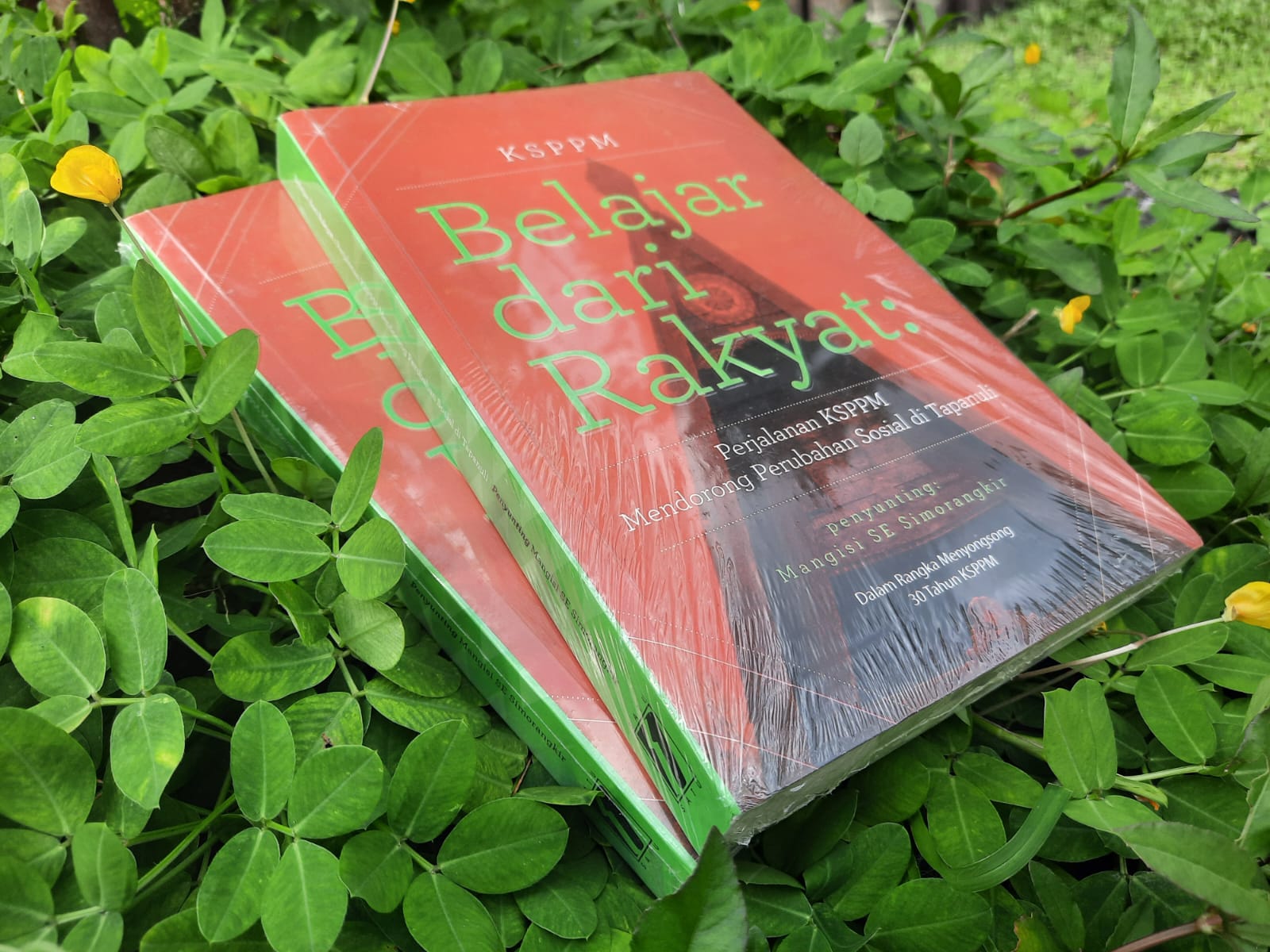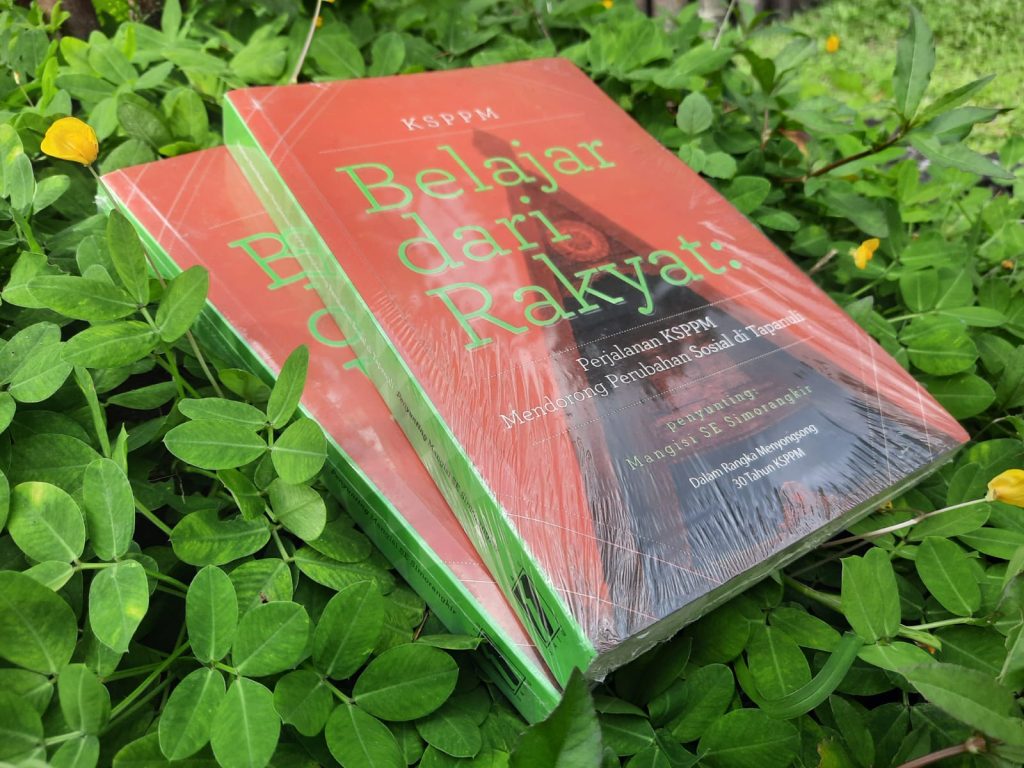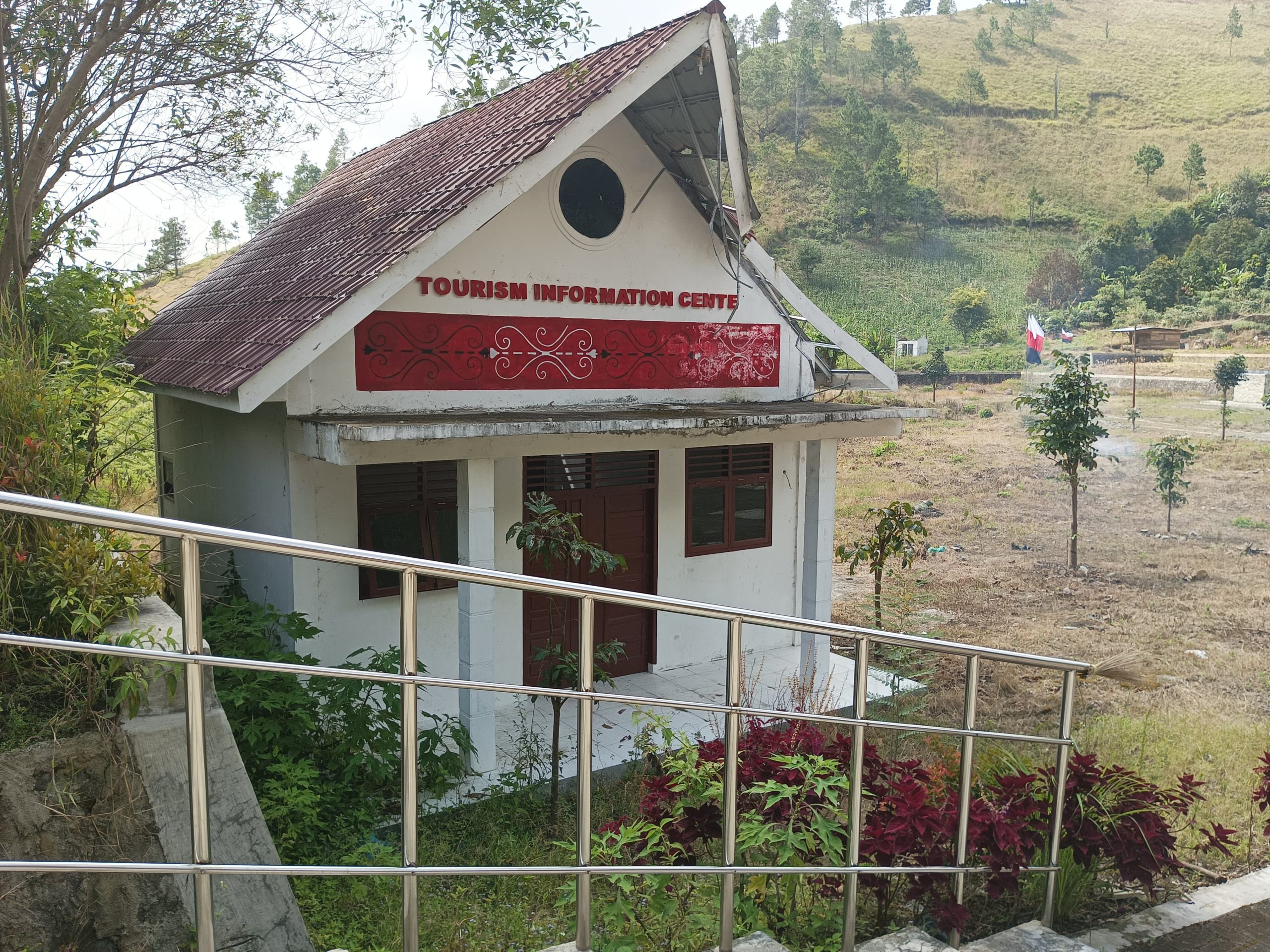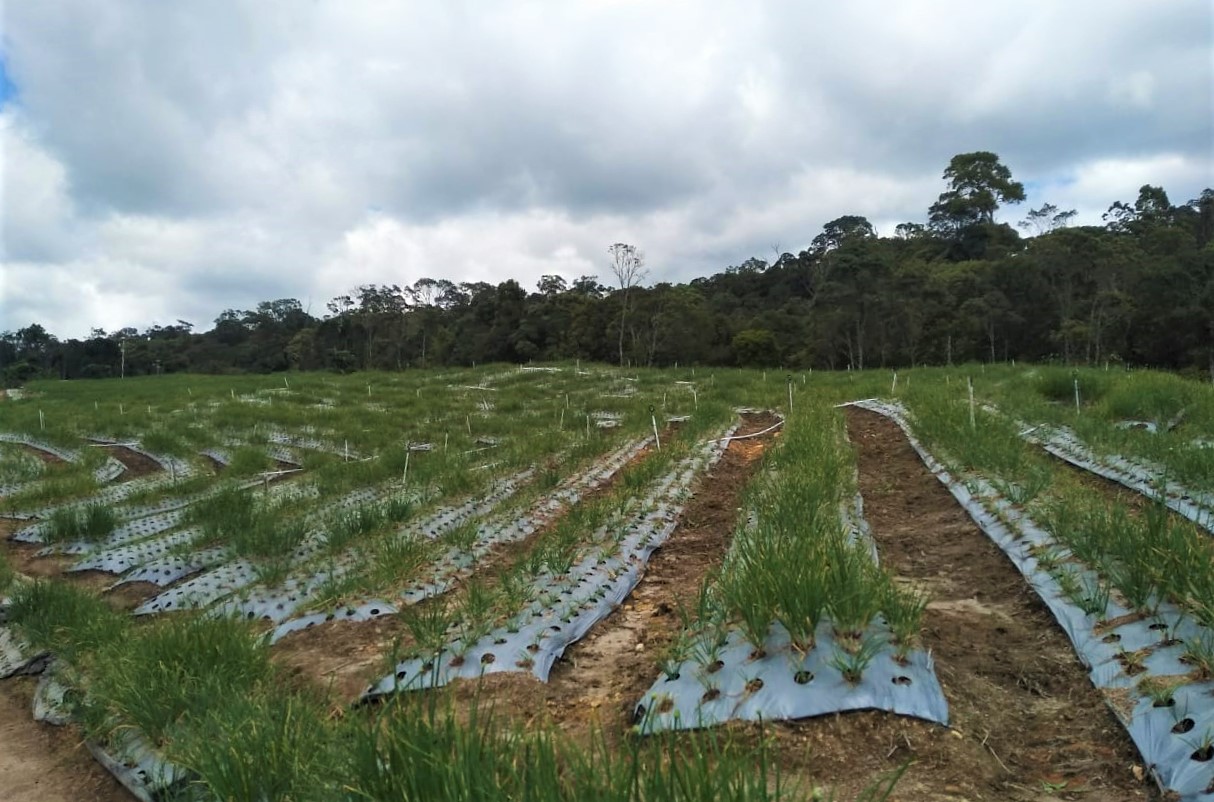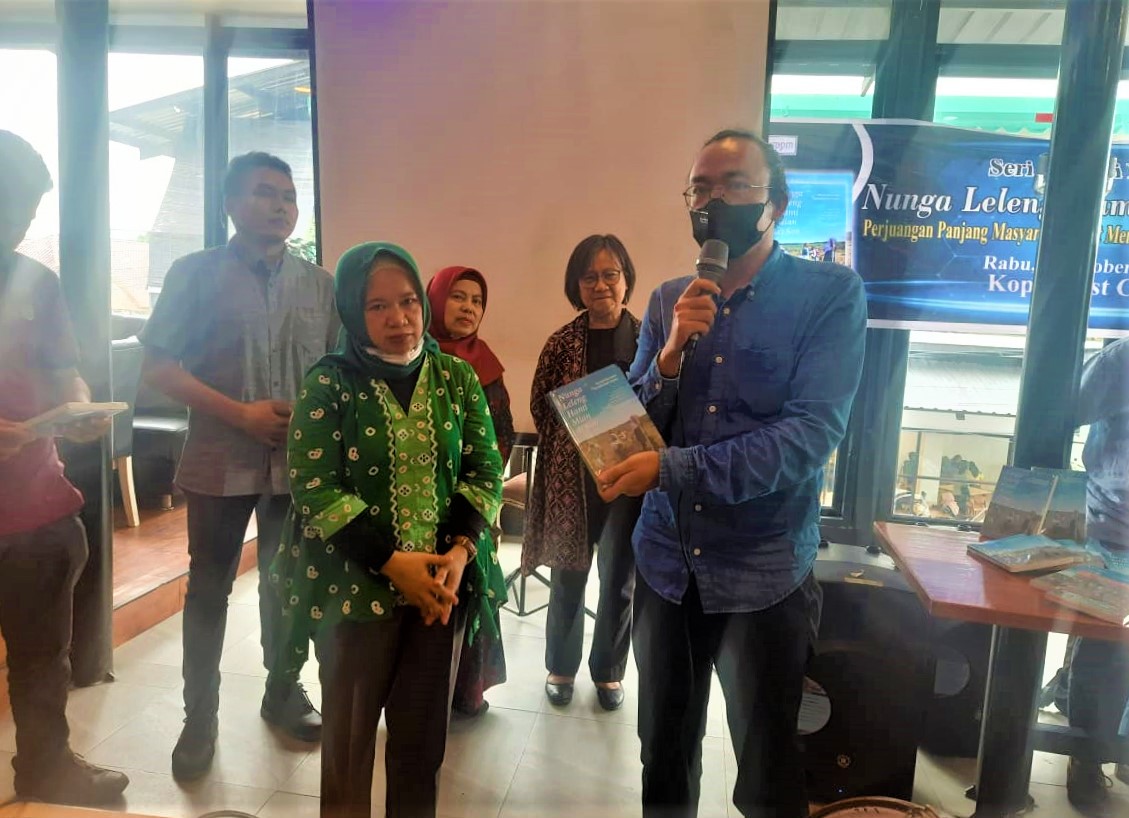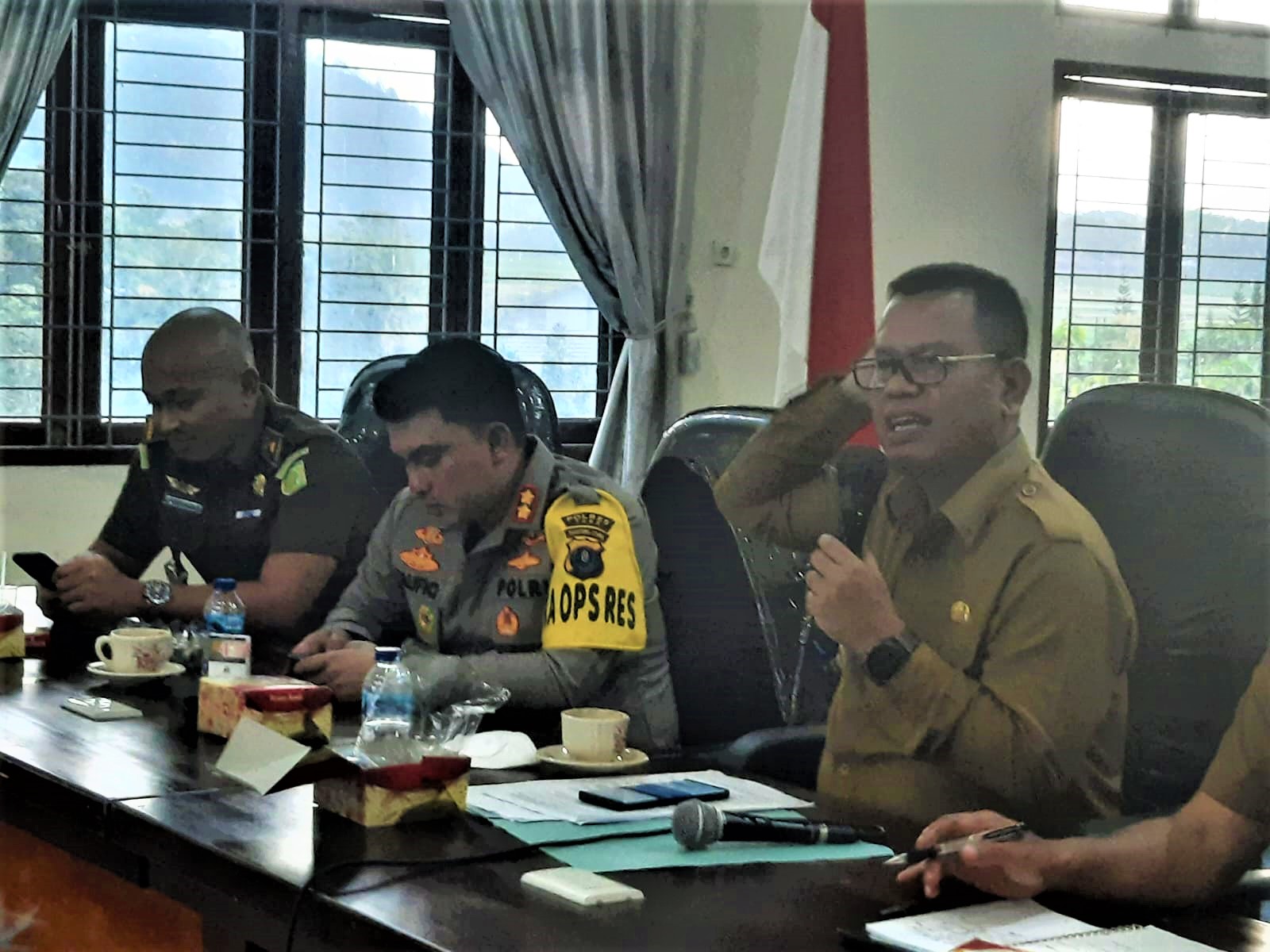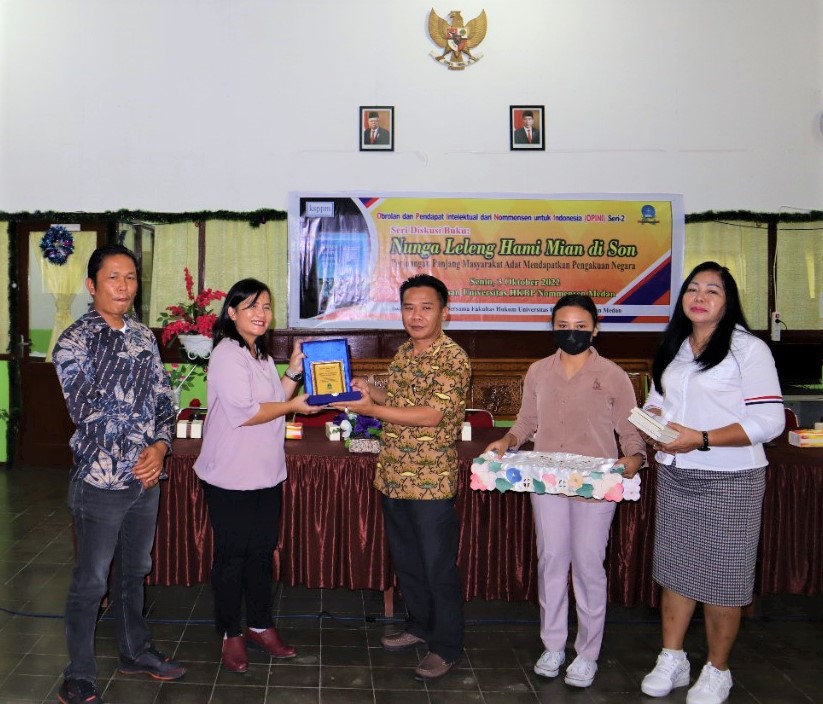In his article “A Study of Indorayon: The Battle of ‘Organic Intellectuals’ vs ‘Corporate Intellectuals'” (pp. 213-227), Dimpos Manalu conducts a rich and interesting survey to support his conclusions. He proves that existing studies or research on PT Inti Indorayon Utama (IIU), now PT Toba Pulp Lestari (TPL), are never value-free and carry their own interests.
Dimpos Manalu traces the results of studies or research on PT IIU/TPL over 3 (three) decades, namely the 1980s, 1990s and 2000s. The focus, approach and ‘interests’ of each study are clearly mapped to establish the position of its authors towards the existence of PT. IIU/TPL.
“Many studies were conducted to expose IIU’s bad business practices in the field, but not a few of these scientific works were made to support IIU, or at least obscure its bad business practices. In fact, there are even studies that ‘smell’ like they were commissioned by the company. The latter, while difficult to prove, is easy to feel.” (p. 213).
Studies and scientific works, whether conducted by NGO activists or academics, have been instrumental in shaping public opinion, which has an important role in encouraging changes in the direction of public policy on an issue. In the case of PT IIU/TPL, the position and interests of this study or research are quite clear: between defending the oppressed people and defending the oppressive company.
The mapping of studies or research in this paper clearly proves that scientific claims and objectivity are actually myths and mere guises to obscure certain ‘interests’ or ‘sponsor orders’.
Although implicitly, this paper wants to emphasise that the discourse battle through the results of studies or research on an issue such as the existence of PT IIU/TPL will continue. The corporation has abundant resources to mobilise ‘ordered intellectuals’ to defend and justify ‘scientifically’ its business practices. Meanwhile, on the other hand, victims struggling to seek justice also need intellectuals to support them.
Dimpos Manalu filed an ethical lawsuit against self-proclaimed researcher-academics who derive many benefits – degrees, royalties and remuneration – from their research. Their interest in obtaining information and gathering knowledge from the people has been fulfilled. But what do they contribute to the strengthening of people’s movements and to the resolution of people’s problems? (p. 226).
Considering that PT IIU/TPL is still operating and that the people’s resistance against it has never died out, Dimpos Manalu concludes his article with the hope that, “new research and studies need to be carried out continuously to voice and oppose the injustice caused by PT IIU/TPL…the new studies are expected to come from the perspective of the victims…those who carry out the next studies are expected to become defenders of the oppressed, and are not willing to become intellectuals” (p. 227).
The contact and interaction of NGO and people’s organisation activists with people who claim to be researcher-academics should always be placed in the same expectation, namely the importance of affirming and clarifying the contribution of certain research to strengthening people’s movements and solving their problems. **

